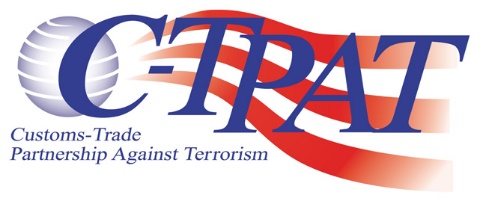
Equally revealing was the discovery that nearly three-quarters of the consumer respondents value product sustainability over brand name.
Consumers are willing to spend more for sustainable brands, but that a significant gap exists between retailers and customers as to what consumers want and what’s actually being delivered, according to new data released by First Insight and the Baker Retailing Center at the Wharton School of the University of Pennsylvania.
“This report clearly demonstrates that retailers are leaving money on the table. Brands and retailers must listen to the voice of the customer on issues as critical as sustainability. Consumers want more than performative measures from retailers and brands when it comes to ESG priorities, which will only become more important as Gen Z grows in influence,” says Greg Petro, CEO of First Insight.
“It’s imperative for retailers to understand their customers’ values so that they can adapt for the future,” says Professor Thomas Robertson, academic director of Wharton’s Baker Retailing Center. “For example, half of retail executives believe that price is the primary reason consumers shop across e-commerce formats. In fact, only 27% of consumers agree that price is their motivation, while a combined 54% say that they shop resale because they care for the environment and prefer sustainable or circular shopping.”
From First Insight:
- This study revealed that retailers should listen more closely to their customers about their sustainable shopping preferences.
- Equally revealing was the discovery that nearly three-quarters of the consumer respondents value product sustainability over brand name; nearly all—94%– of the retailers believe the opposite, saying that brand name would be more important to consumers than sustainability.
- Moreover, retail executives rank brand-operated resale/e-commerce programs lowest when asked what type of sustainable shopping formats consumers would utilize the most. However, 41% of consumers say they already shop at brand resale/e-commerce programs.
- Ironically, all of the executives in the data set —100%—assume that consumers would rate retailers low on transparency around their sustainability efforts. Yet consumers give retailers more credit, with 59% indicating that they feel retailers are being sufficiently transparent.
Source: Supply & Demand Chain Executive



